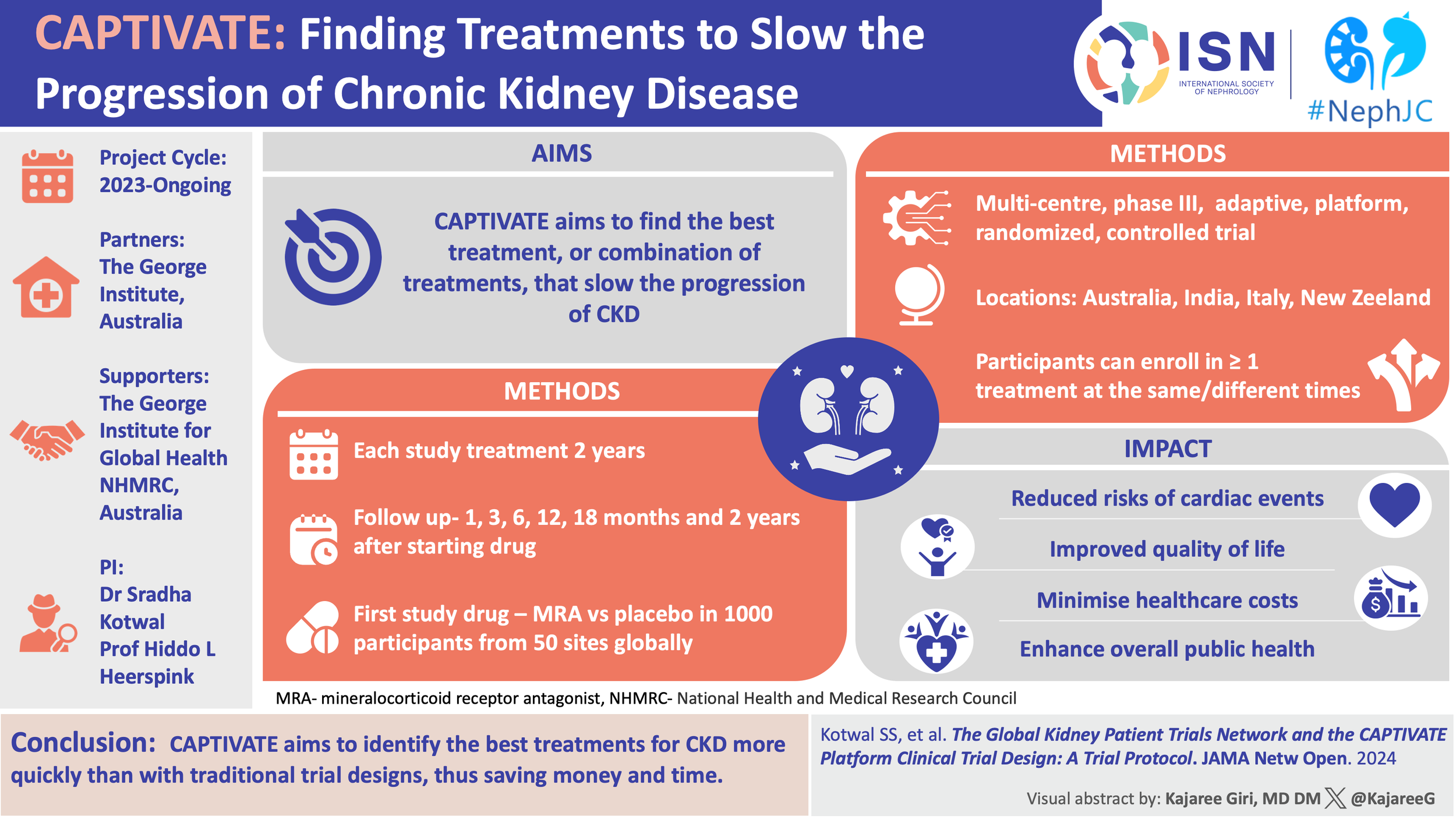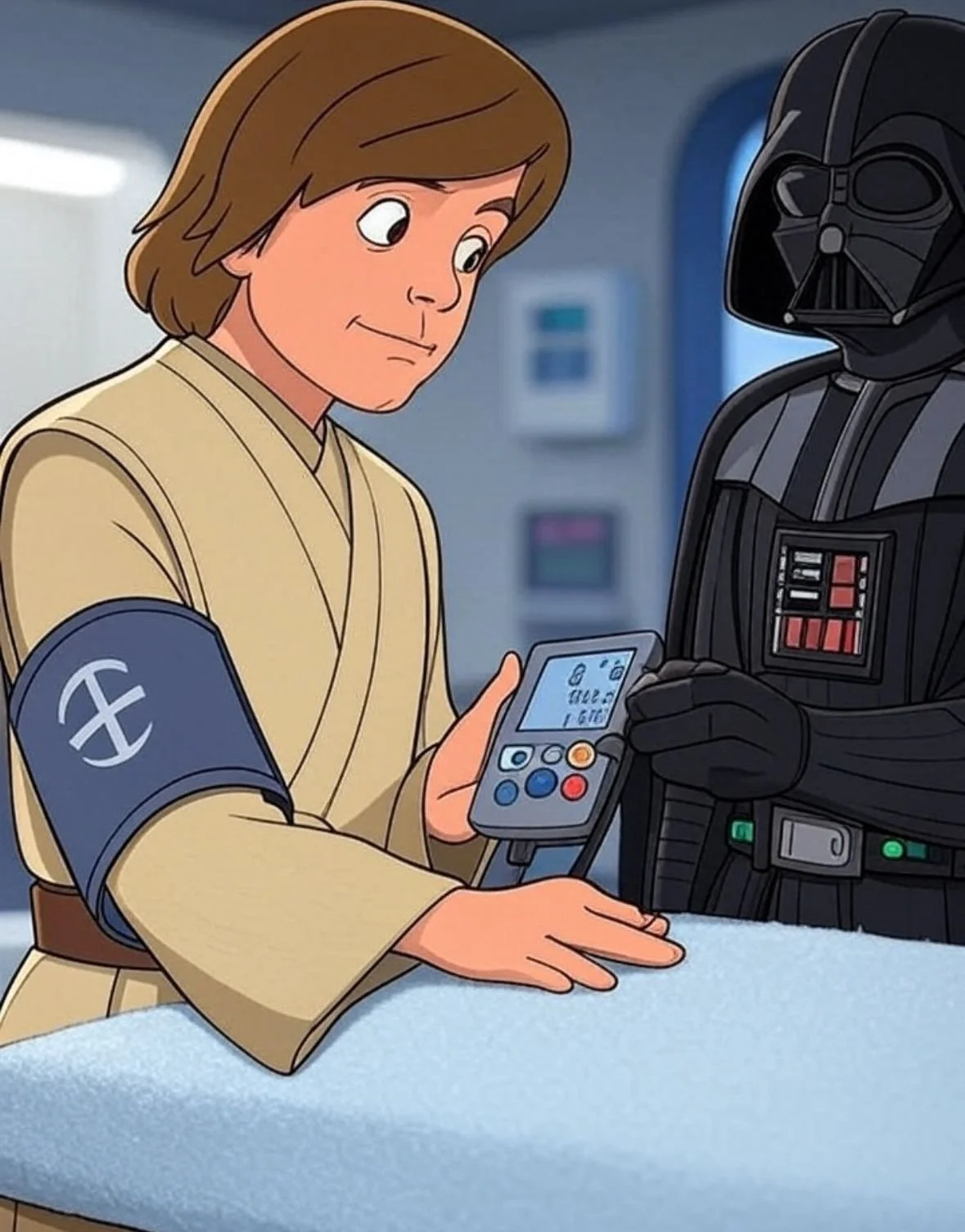March is Kidney awareness month and in honor of that, Pallimed, the Hospice and Palliative Care Blog is talking about intersection of nephrology and palliative care. They asked NephJC co-creator, Joel Topf to host their chat. This happens on Wednesday. Topf wrote the introduction:
Have you ever read a journal article and as soon as you finished the abstract you had this forbidding feeling that if the authors actually proved what they claimed to have discovered your medical life will never be the same?
This happened when I read, Functional Status of Elderly Adults before and after Initiation of Dialysis by Tamura et al. in 2009.
The study simply looked at mortality and functional status of nursing home residents who initiated dialysis. The cohort consisted of 3,704 Americans. The average age of this predominantly white (64%) female (60%) cohort was 74 years. The outcomes were horrifying:
- Within three months of starting dialysis 61% had died or had a decrease in their functional status
- By one year that figure was 87%
- By one year only 1 in 8 patients had maintained their functional status from before dialysis
While this study did not track patients who deferred dialysis it is hard to imagine they could do much worse. The view of dialysis as a way to improve functional status by clearing uremia leading to improved nutrition and other downstream benefits was revealed to be a false hope. Instead we have a treatment that appears to be too rough for frail, at-risk patients and left them significantly worse than they were before dialysis.
The discussion section of the article had a sentence that should be embroidered to every nephrologists white coat:



























